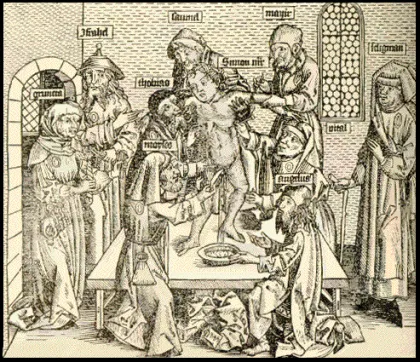The Phoenicians - Christogenea Europe, November 30th, 2014
See the related material at Christogenea found under the title Identifying the Phoenicians.
From Herodotus, The Histories, 3.115:
“Of the extreme tracts of Europe towards the west I cannot speak with any certainty; for I do not allow that there is any river, to which the barbarians give the name of Eridanus, emptying itself into the northern sea, whence (as the tale goes) amber is procured; nor do I know of any islands called the Cassiterides (Tin Islands), whence the tin comes which we use. For in the first place the name Eridanus is manifestly not a barbarian word at all, but a Greek name, invented by some poet or other; and secondly, though I have taken vast pains, I have never been able to get an assurance from an eye-witness that there is any sea on the further side of Europe. Nevertheless, tin and amber do certainly come to us from the ends of the earth.”
We are going to offer George Rawlinson's comments upon this passage, after we read a paragraph from Strabo....


 This PDF purports to be exactly as the text of the original Arnold Leese book, and to be faithful to the pagination.
This PDF purports to be exactly as the text of the original Arnold Leese book, and to be faithful to the pagination.



 Please click here for our mailing list sign-up page.
Please click here for our mailing list sign-up page.








Recent comments